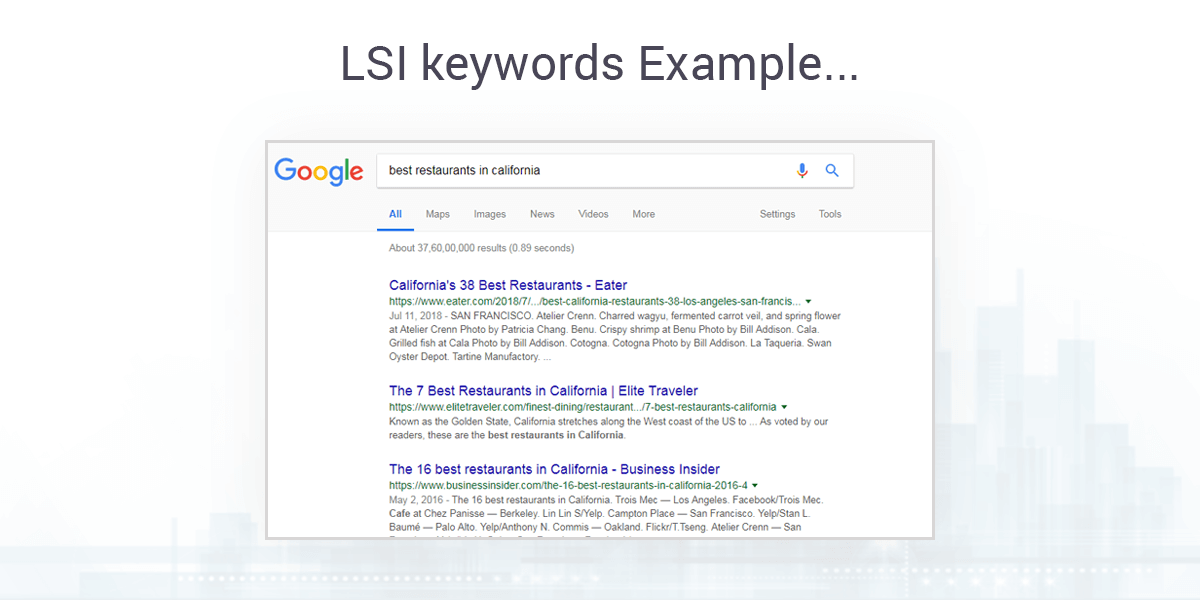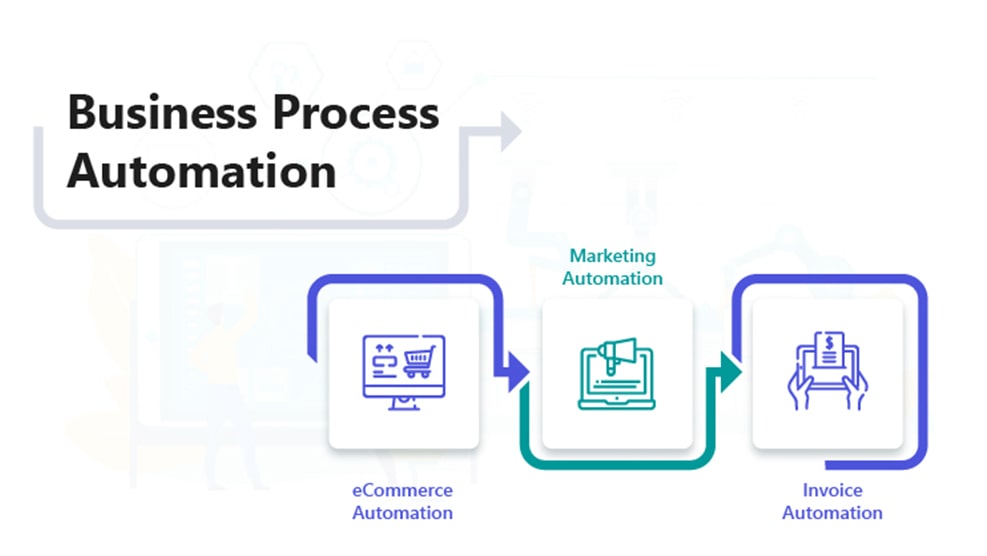The Role of Latent Semantic Indexing (LSI) Keywords in SEO

The importance of using appropriate keywords for the search engine optimization (SEO) of a website cannot be overstated. Using relevant keywords and placing them properly in the content will heavily influence your page’s ranking in the search engines.
While having your keywords appear a few times is crucial, it is inadvisable to squeeze them in repeatedly, which is called keyword stuffing. Google has strict some rules for using keywords and penalizes websites for keyword stuffing. If a search engine sees too many instances of words or phrases, you will likely be flagged for over- optimization.
LSI keywords.
LSI stands for
latent semantic indexing.
LSI helps the search engines determine what is central to your content without the hammering of a few specific phrases. With
LSI keywords,
search engines can analyze your content and discover other terms that are synonyms or otherwise related to your primary keywords. Therefore, if you have LSI keywords in your content, it is important to have words such as SEO, search engines, search results, latent semantic indexing terms, and LSI phrases. These words will let the search engine differentiate between your content and other searches related to companies with the acronym LSI.
By being more specific with keywords related to your primary keywords, your content can rank well in search engines without being penalized.
How is LSI related to SEO?

LSI SEO
How do you find LSI words and phrases for your content?
There are a number of tools that can be used to identify the most appropriate LSI keywords for your text. They are:
- Search engines
- Google Keyword Planner
- LSI keywords tools, such as Keys4Up, Niche Laboratory, KWFinder, Ultimate Keyword Hunter, and Semantic Link
- SEO tools, such as Ahrefs Keywords Explorer and SEMRush
- Other paid tools, such as Market Samurai and Long-Tail Pro.
What are the benefits of using LSI keywords?
Some of the main benefits of using latent semantic indexing terms are:
- Improve your ranking in search results: Well-optimized content with a moderate use of primary keywords will garner a high ranking in search engines. Search engines also check the content for LSI keywords while indexing the content of a website.
- Stay safe from penalties: Proper use of LSI terms in your content will keep it from being marked as spam. Stay away from the practice of keyword stuffing to avoid penalties.
- Grab the attention of readers: Most readers scan articles in a few seconds and go to the next one if they don’t like your content. By using latent semantic indexing keywords, your content will look more natural, attention-grabbing, and appropriate.
- Use more relevant keywords: There is no need to unnecessarily stuff your content with redundant keyword phrases. Use as many LSI keyphrases as you desire to both diversify your language and make it more meaningful to search engines.
Conclusion
Using LSI keywords in addition to your primary keywords makes your content more relevant and readable. It also prevents you from over-stuffing your content with keywords and complies with search engine guidelines. The more understandable, knowledgeable, and precise your content is, the more you will increase its rank in search results.
Having expertise at your side can help you make the most of SEO techniques such as integration of LSI keywords. For analysis and guidance on search and other user acquisition channels, email contact@epikso.com or book an appointment today.












